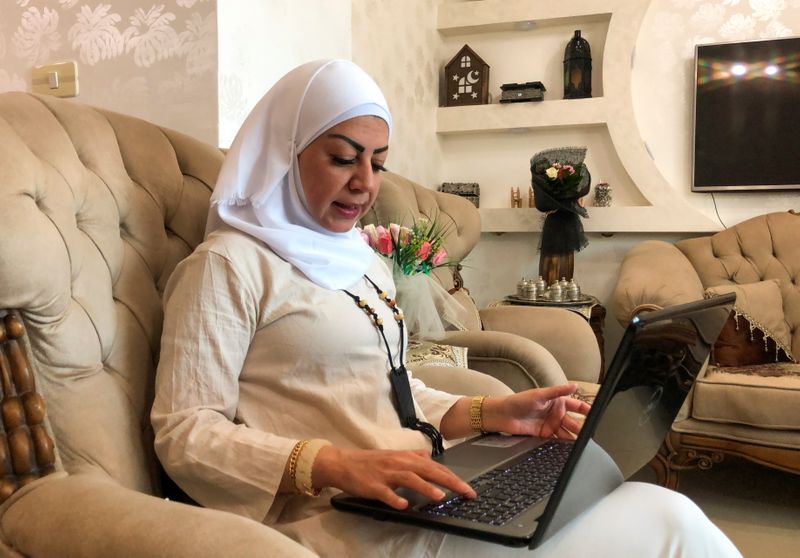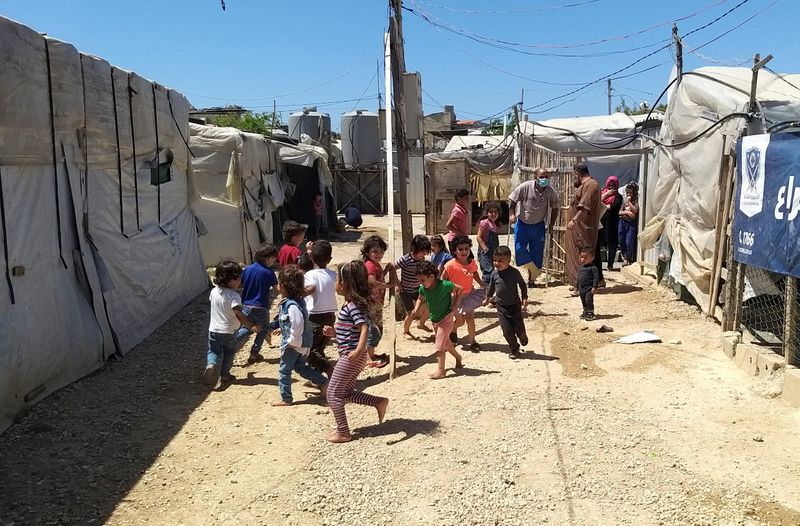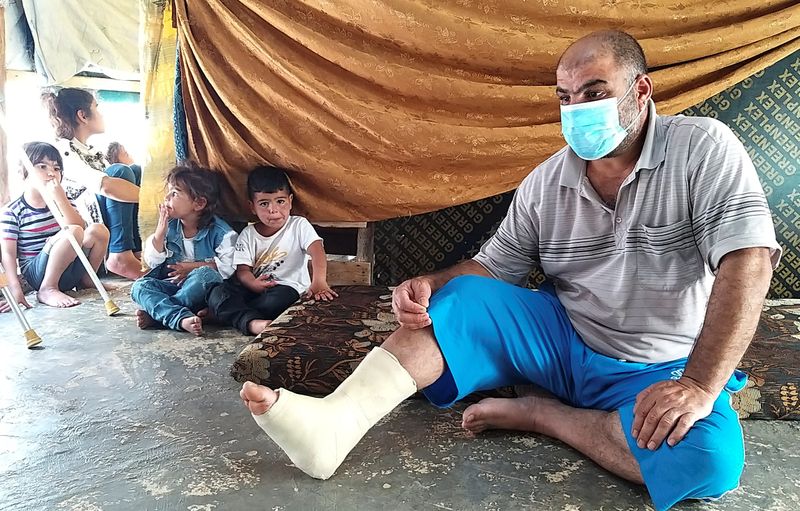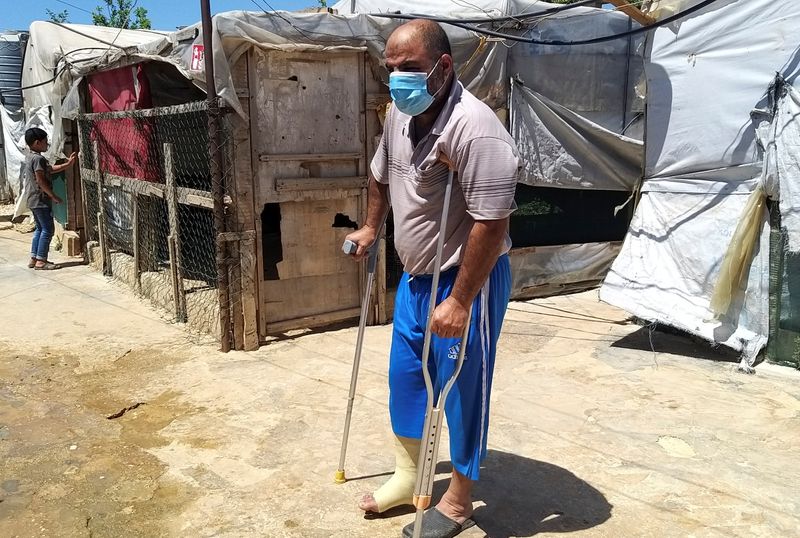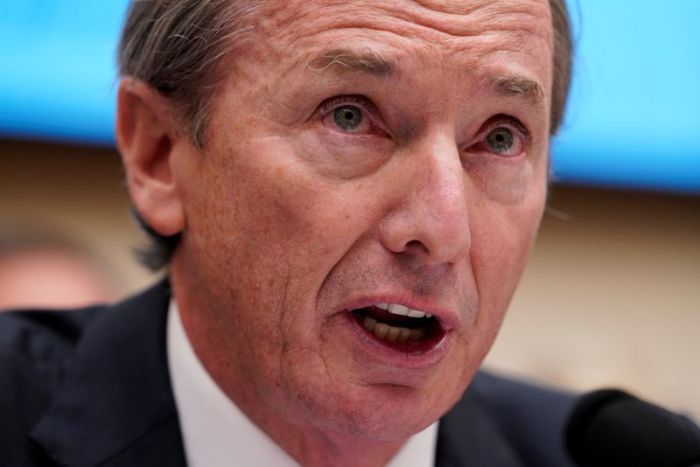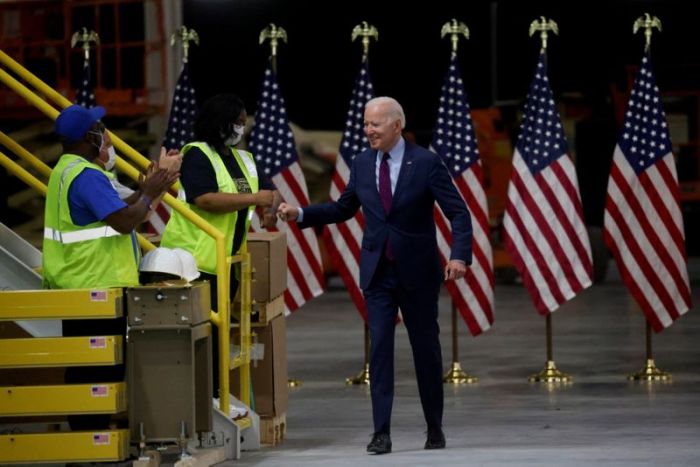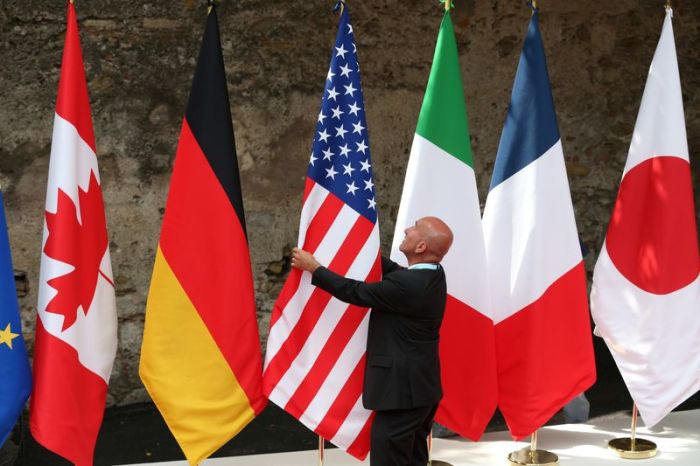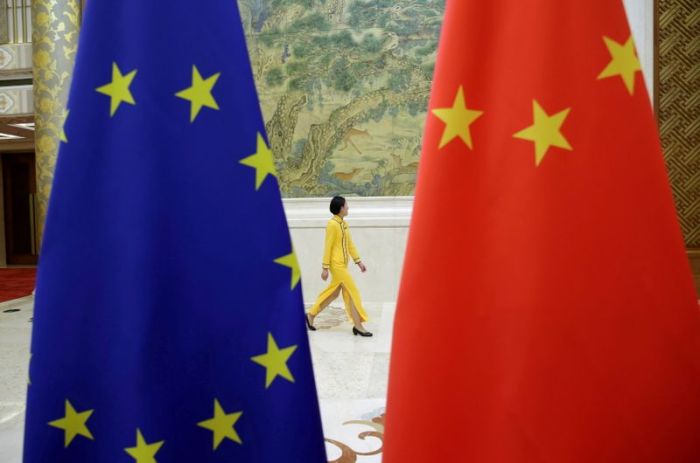AMMAN (Reuters) -When Syrian refugee Lara Shahin fled Damascus at the start of Syria’s conflict she thought her family would be back within months to help rebuild the country.
Nine years later, an election dismissed as a sham by refugees across the region is set to grant President Bashar al-Assad another seven years in power – further shredding her hopes of ever going home.
Like millions of refugees in Jordan, Lebanon and Turkey she has watched as Assad clung to power in the face of an uprising and devastating civil war which has left Syria economically ruined and too dangerous for them to return.
“At the beginning when I used to talk about the future of Syria I used to say us young people are the future, we will go back and rebuild,” she told Reuters in the Jordanian capital Amman which has been her home since 2012.
“But bit by bit I started losing hope… When we first came we got the keys of our home here and we were thinking in two or three months we will go back to Syria. I am not lying if I say that this feeling is now shattered.”
The 39-year-old entrepreneur runs a handicraft and cosmetics business supporting more than 40 women workers in Jordan, which has become “like my first country, not my second”.
Her despair at returning is echoed by others in Middle East states which host 5.6 million U.N.-registered Syrian refugees.
Fear of retribution as long as Assad stays in power, as well as the dire economic conditions inside Syria, mean there is little prospect of seeing their country soon.
Many refugees dismiss Wednesday’s election as rubber stamping another term in office for Assad, who succeeded his father in 2000 and has extended the family’s 51-year hold on power, despite the 2011 uprising and civil war.
“This is a farce, fooling nations and people,” said Abu Alaa, a 43-year-old farmer and father of 10 children from the Syrian city of Homs, living in a tent in northern Lebanon.
“Someone who destroyed a whole country and fragmented it and made millions flee and destroyed Syria,” he said, referring to Assad. “He has no longer a place in our hearts – why should we vote for him? He is a killer.”
LOST LEGITIMACY “WITH FIRST BULLET”
On Islambol Street in the heart of old Istanbul, one of many districts where the refugees have gathered, most coffee shops, jewellers, restaurants and butchers are run by Syrians.
Few believe they will leave a city which hosts half a million Syrian refugees – just a fraction of the 3.6 million living across Turkey – or that conditions in Syria will improve.
“It’s obvious that these are not impartial elections. He will win, with or without elections,” said Hussam, a 36-year-old from the city of Homs, selling coffee, nuts and sweets.
“In Syria everything’s getting worse. There’s no bread, no food, everything’s expensive. If Bashar al-Assad remains, things will get worse.”
Forty-year-old Ahmed, who like most refugees asked only to be identified by his first name, left Damascus in 2012 after fighting erupted in outlying parts of the capital.
But worse was to come. “My sister died in the chemical weapons massacre, and I had a brother who was martyred in Jobar in Damascus,” he said in the fruit juice stall he runs.
“They destroyed us for 10 years… they can’t be elected.”
With his eldest child now studying at a Turkish school in Istanbul, he said authorities had welcomed Syrian refugees. But conditions were not easy and few would choose to stay if there were a chance to return home safely.
“The regime lost its legitimacy when the first bullet was fired on the first person who died in Syria,” said a 35-year-old university graduate who left his job in graphic design in Damascus and now sells sweets in Islambol Street.
“If there were a democratic election, if someone was elected in a clean election by the people, not this theatre we are seeing – I would be the first one back,” he said.
(Reporting by Hams Rabah in Amman, Walid Saleh in Tripoli and Dominic Evans in Istanbul, Editing by Alexandra Hudson)

